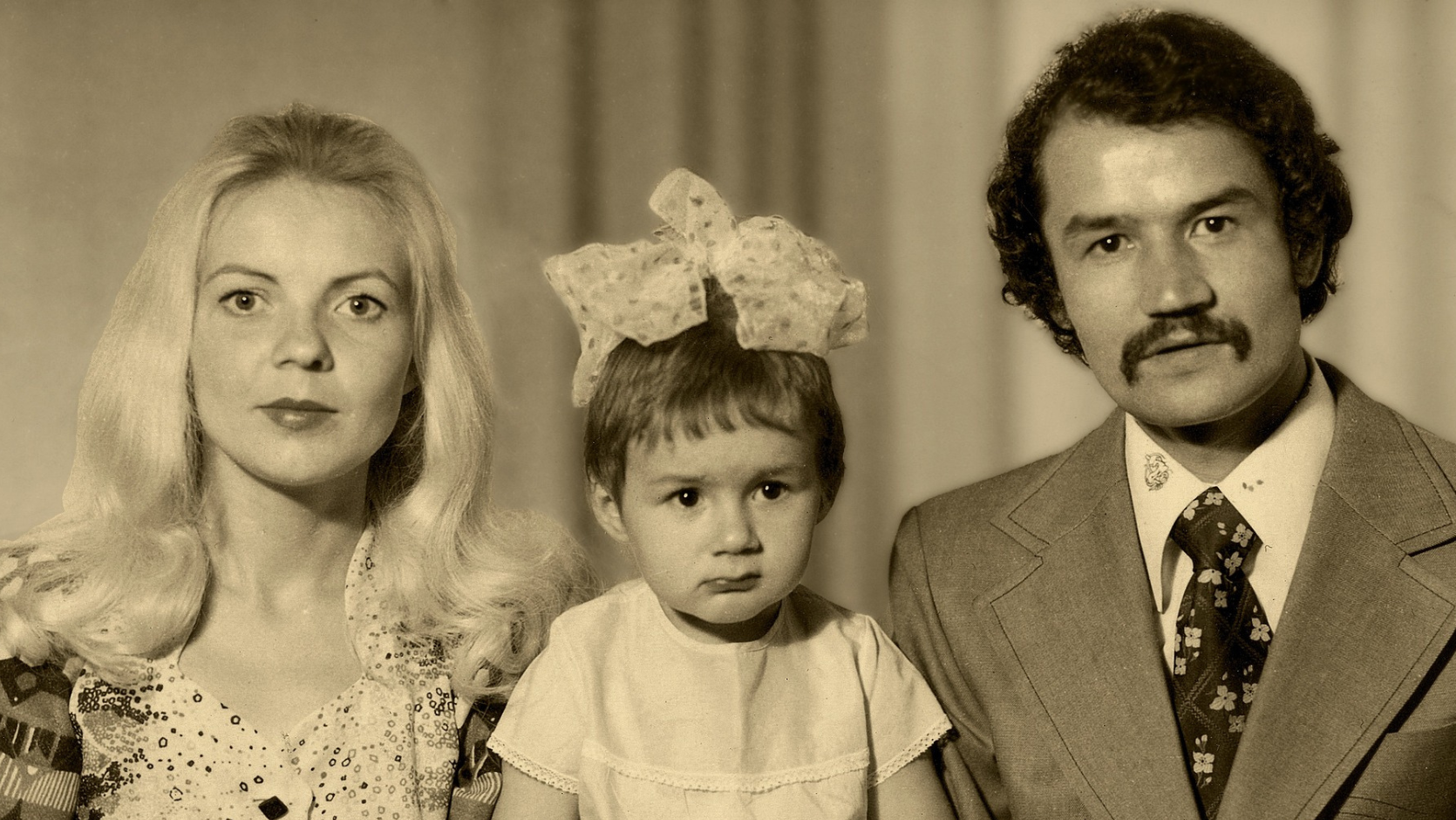What are the responsibilities of executors?
Every will needs an executor to administer the deceased person’s estate, ensure the estate’s debts are paid and oversee the disbursement of any inheritances according to the will.
Executors are also responsible for making funeral arrangements, which are paid out of the estate of the deceased.
In some cases, the executor must obtain probate of the will by applying to the Supreme Court. This usually applies when the deceased owned real estate, shares, bank accounts or life insurance, and is needed to confirm a will is valid.
The application requires an affidavit from the executor, setting out information about the assets and liabilities of the estate and its beneficiaries. The court grants probate which gives the executor authority to act. (For more information please see What is probate, and why do I need it?)
The duties and powers of executors are contained in the NSW Probate and Administration Act 1898. (For more information please see How do you choose an executor for your will? – the horror story edition.)
Choosing one or more executors for your will
Given the importance of these responsibilities, it is vital to pick a suitable person to act as your executor when you write your will. Often it is a responsible family member or trusted friend. The executor can also be a beneficiary of the will.
In some cases, it might be best to appoint more than one executor, either as joint executor or as an alternate to step in if the executor can’t continue.
While two executors could share the burden and provide checks and balances in any decision making, there is also the risk of a disagreement leading to delays or even ending up in court.
Remember – if the people you choose as executors don’t get on while you are alive, it is doubtful they will get on once you are dead and money is at stake. (For more information please see “We should have sold my mum’s property years ago, but the co-executor won’t move out” – which case won?)
If it is difficult to choose a responsible person to take on the role, it’s possible to nominate a professional person as executor, such as a lawyer or the state trustee. They could be joint executors, providing legal advice.
What happens if I am appointed sole executor?
If you are named as sole executor, it would be a good idea to consult a solicitor, just to make sure you get it right.
Administering an estate is not always straightforward. As executor, you can be held liable if you get it wrong.
Do I get paid as an executor?
If a professional is engaged, they would be paid out of the estate. Usually, executors who are family and also beneficiaries are not paid unless there is a lot of work involved.
Beneficiaries would need to agree on the amount claimed, or an application can be made to a court to determine the amount payable.
Beneficiaries can ask questions of the executor and seek accounts showing the distribution of assets. Any beneficiaries (or those who think they should be beneficiaries) can contest the will. That includes the executor.
Making the executor role as easy as possible
The person writing a will – the testator in legal language – should try to make it as easy as possible for the executor.
Make sure they are happy to take on the role. If they agree to it, tell them where the will is and leave an updated list of assets, including account numbers and passwords for digital accounts, shares and investments, insurance policies, superannuation and any outstanding work entitlements.
Also make sure you write down exactly how you want your funeral to be conducted and what to do with your remains.
I have seen funeral arrangements cause much heartache and family squabbles, before the distribution of assets even begins. (Please see “But mum wanted a public funeral.” – “She absolutely didn’t!” Which case won?)














